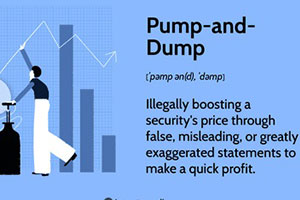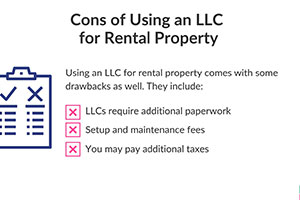Is it illegal to not file taxes in the U.S?
Business | by
Alright, let’s dive into a topic that probably crosses everyone’s mind at least once a year, especially around April: Is it really illegal to not file taxes in the U.S.? And, more importantly, what happens if you decide to play hide and seek with Uncle Sam? As someone who navigates the legal maze for a living, I’m here to give you the lowdown, peppered with some SEO magic to make sure this reaches those in need of a little tax filing enlightenment.
The Short Answer: Yes, But…
To cut to the chase, yes, it’s generally illegal not to file taxes in the United States if you meet certain criteria that require you to file. The Internal Revenue Service (IRS) isn’t just a suggestion box for your financial contributions; it’s the law of the land when it comes to taxes. However, like any good story, there are nuances and exceptions to keep things interesting.
Who Needs to File?
Not everyone needs to file a tax return. The IRS has specific guidelines based on factors like your income, filing status, age, and whether you’re dependent on another taxpayer. For example, if you’re a single filer under 65 and your income was below $12,400 in 2020, you might not need to file. But before you start planning a tax-free celebration, remember these thresholds change, and there are different rules for dependents, self-employed individuals, and retirees.
The Consequences of Not Filing
Ignoring your tax filing obligations can lead to a spectrum of consequences, and none of them are particularly fun. Here’s what you might be up against:
- Late Filing Penalties: The IRS doesn’t just shrug off late filers. There’s a failure-to-file penalty, which can chew up 5% of your unpaid taxes for each month your return is late, up to 25%. Ouch.
- Interest Charges: It’s not just penalties. Unpaid taxes accrue interest, compounding daily from the due date of your return until the date you pay in full.
- Failure-to-Pay Penalties: If you owe taxes and don’t pay on time, you’ll face a failure-to-pay penalty. This one’s a bit more forgiving, at 0.5% of your unpaid taxes per month, but it can still add up.
- More Severe Legal Consequences: In extreme cases, such as when evasion is involved, not filing can lead to criminal charges. We’re talking potential jail time and fines up to $250,000. It’s rare, but it’s a stark reminder that the IRS means business.
What If You Just Forgot?
Life happens. If you forgot to file or couldn’t afford to pay your taxes, the IRS offers options to help get you back on track, like payment plans or an Offer in Compromise. The key is to communicate and not ignore the problem, hoping it’ll vanish into thin air.
The IRS Isn’t Out to Get You
Despite its daunting reputation, the IRS’s goal isn’t to make life miserable for taxpayers. They offer a variety of resources and programs to help individuals comply with their tax obligations. From free tax prep assistance to online payment agreements, the IRS provides tools to help you meet your tax responsibilities without breaking a sweat.
The Bottom Line
So, is it illegal not to file taxes in the U.S.? Yes, if you’re required to file. But it’s not just about legality; it’s about contributing to the collective pot that funds everything from roads and schools to national defense. If you find yourself in a bind, remember, the IRS is more like a stern teacher than a boogeyman. They’re there to help, provided you reach out and engage with them.
For those who dread tax season, staying informed and proactive can remove a lot of the stress. And if you’re ever in doubt, consulting with a tax professional or a lawyer can provide personalized advice tailored to your situation. Remember, when it comes to taxes, the best offense is a good defense. So, gear up, get informed, and get filing. Uncle Sam is waiting, but he’s more understanding than you might think.






